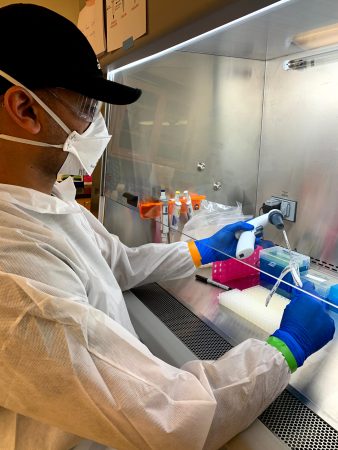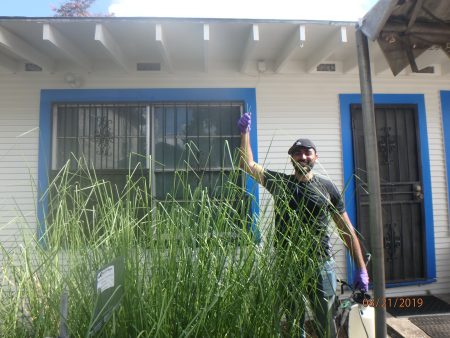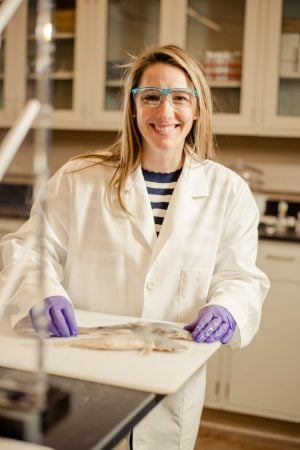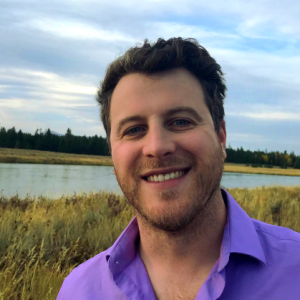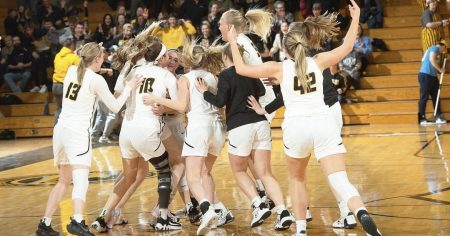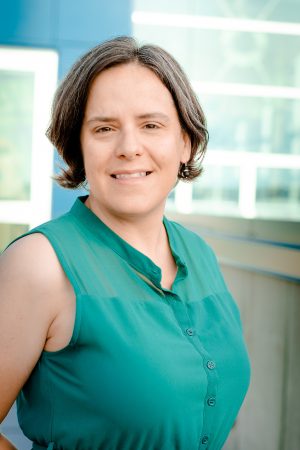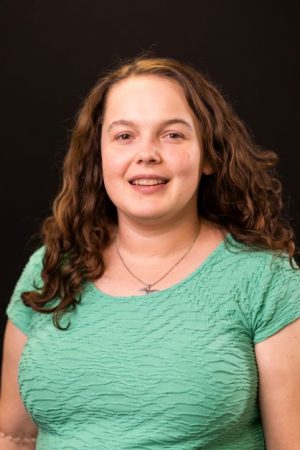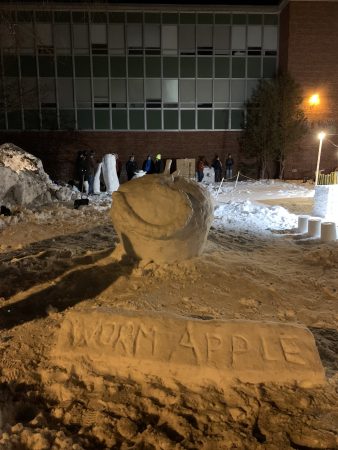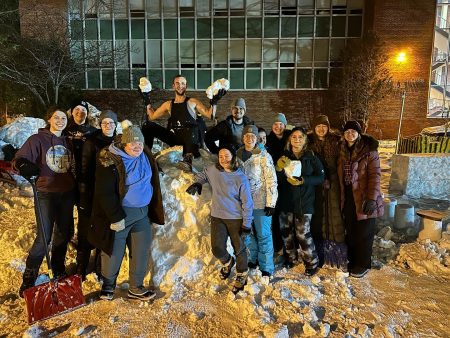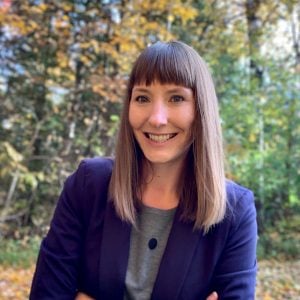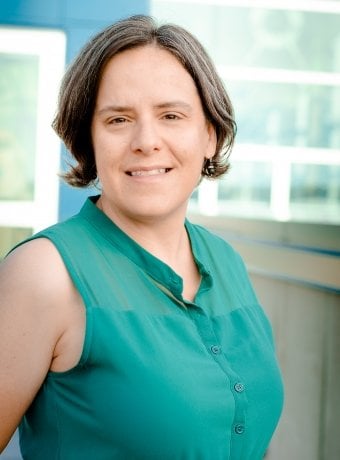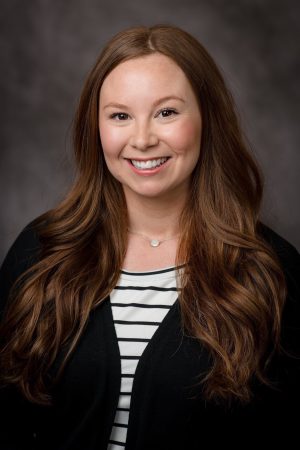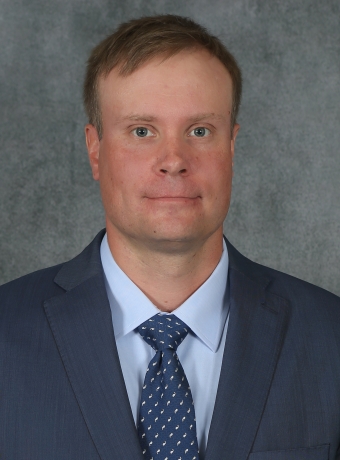Manas Warke graduated from Michigan Tech with his PhD in Biological Sciences in 2022. He is now a postdoctoral fellow at the University of Cincinnati. Manas is currently working on a USEPA project titled: Unregulated Organic Chemicals in Biosolids: Prioritization, Fate, and risk evaluation for land applications. In addition, he’s working with a startup, Phytobox, to implement phytoremediation to clean up polluted water and make it potable. We had a chance to learn more about Manas and his experience at Michigan Tech.
Where are you from?
Mumbai, India
Where did you do your undergraduate studies, what did you major in, and when did you graduate with your undergrad?
Bachelors in biotechnology from Mumbai University. I graduated in 2017.
Why did you choose to study at Michigan Tech?
I was working on my master’s degree when I learnt about a PhD opening in Dr. Datta’s lab. I chose to study at Michigan Tech because of the opportunities it offered with great labs, research, funding and overall environment.
What are you doing now?
I am working as a postdoctoral fellow at the University of Cincinnati in the Department of Chemical and Environmental Engineering
What do you enjoy most about your postdoctoral fellowship?
I like how I can conduct independent research based on the knowledge and skills I learned at Michigan Tech—meeting new scientists and networking to learn about the exciting research around campus. I also mentor a few students in the lab and the department. The most important is the work-life balance that comes with a postdoc. Since the hours are flexible, I get time to pursue my hobbies, take breaks and spend time with friends.
How did your degree and course of study at Michigan Tech prepare you for success?
Biological Sciences trains you to be a professional in many fields. The research and opportunities Michigan Tech has provided have prepared me to excel in the research field. The excellent lab facilities and collaborative environment at Michigan Tech and the Department of Biological Sciences allowed me to pursue more diverse research and learn many skills. My advisor, Dr. Datta, always encouraged new ideas and thought of better approaches to develop exciting project ideas.
What piece of advice would you give to an undergraduate looking to go to grad school?
If you’re passionate about a specific research field, go for it. It is okay to be unsure of what you want to do next. Ask a lot of questions, even though they seem irrelevant. Always try to meet new people, especially fellow grad students, and colleagues, as they could be friends and potential future collaborators. Participating in research competitions, conferences, and presentations is an excellent way to build a network and know people with the same interests.
How would you change the world with the knowledge you have acquired?
Use my knowledge to tackle global problems of soil and water pollution that pose a significant risk to human health. Share my experience and research to create awareness and advocate for issues like environmental health by participating in local and national events. Actively conduct research that positively impacts society and develop innovative solutions. And lastly, volunteer for non-profits, charities, and community organizations.
